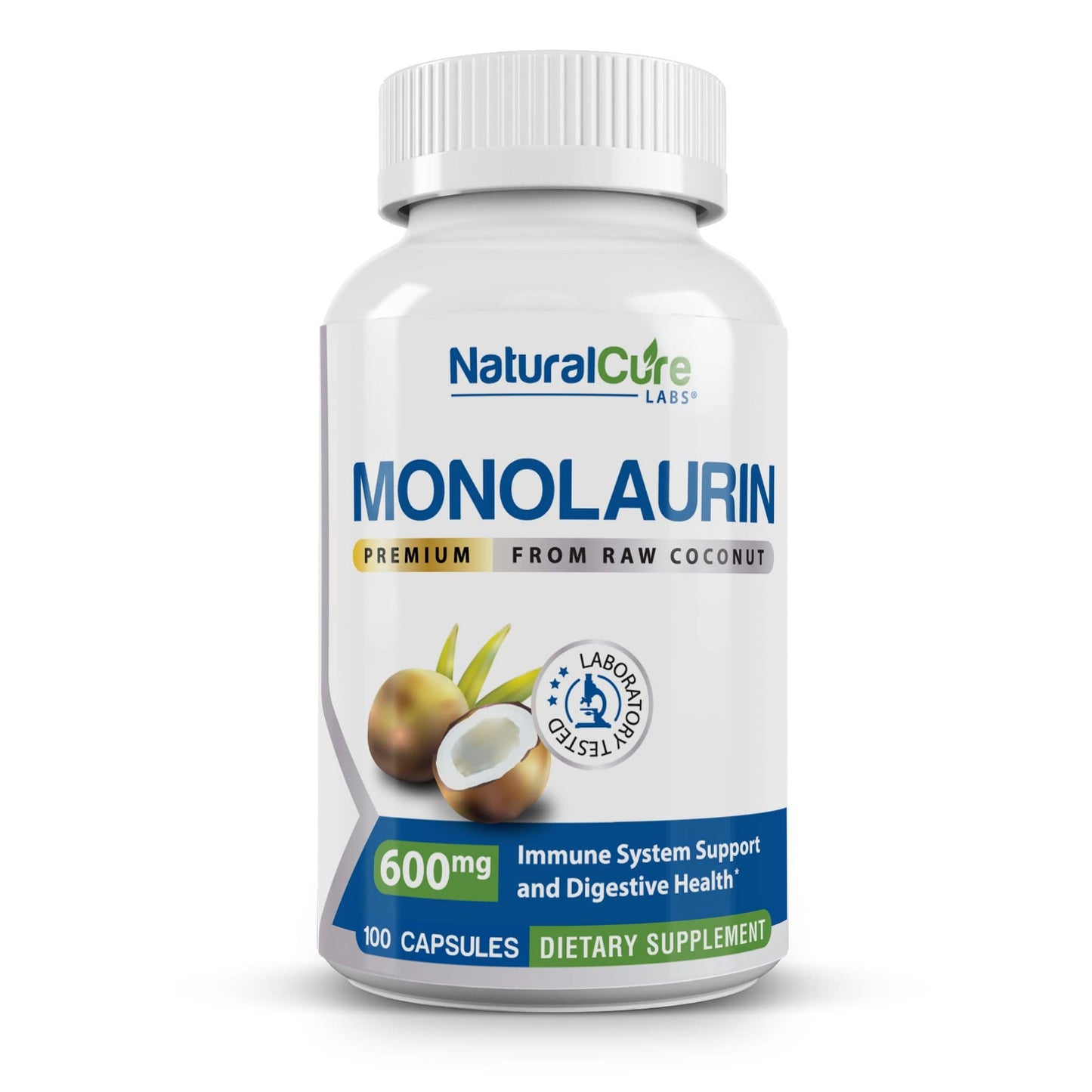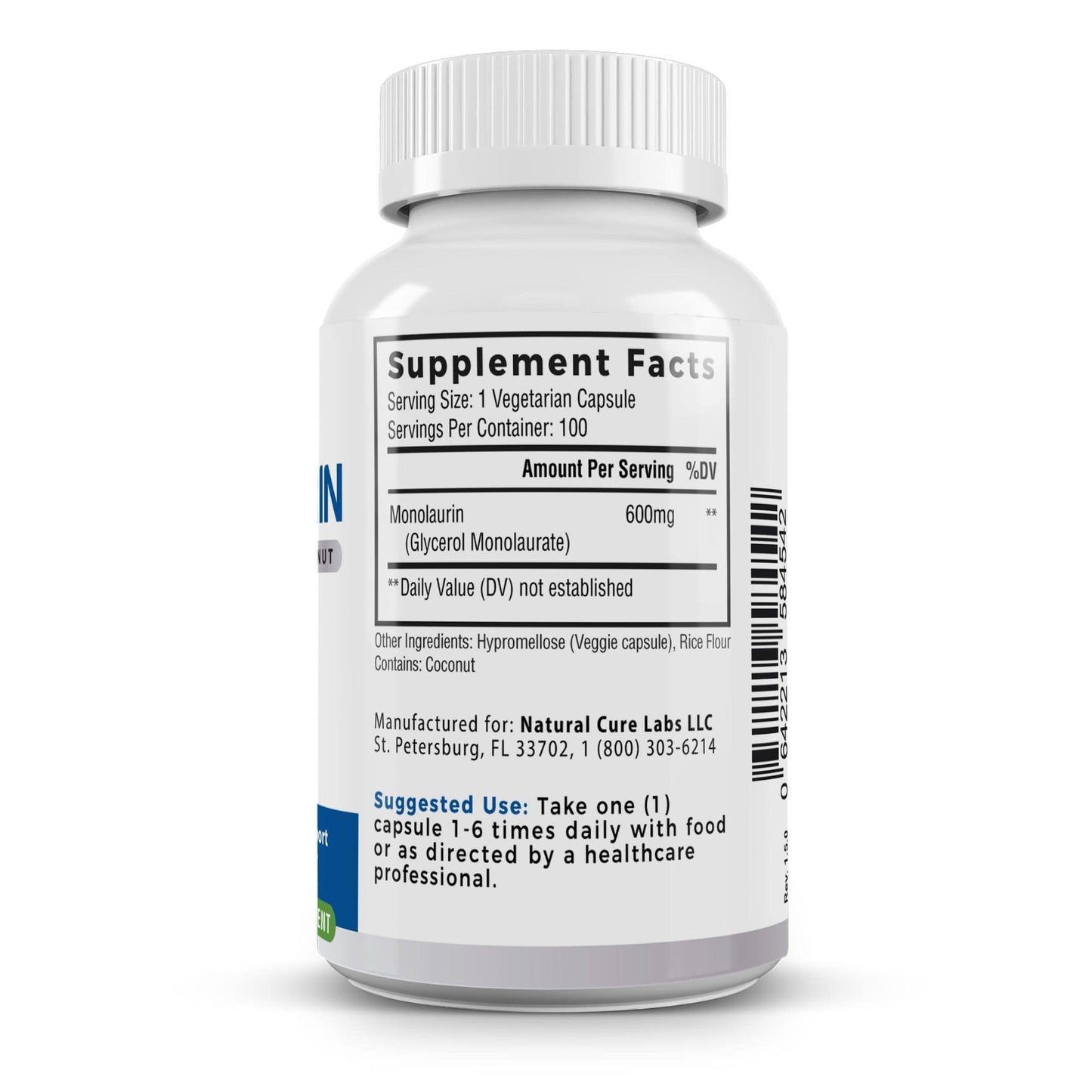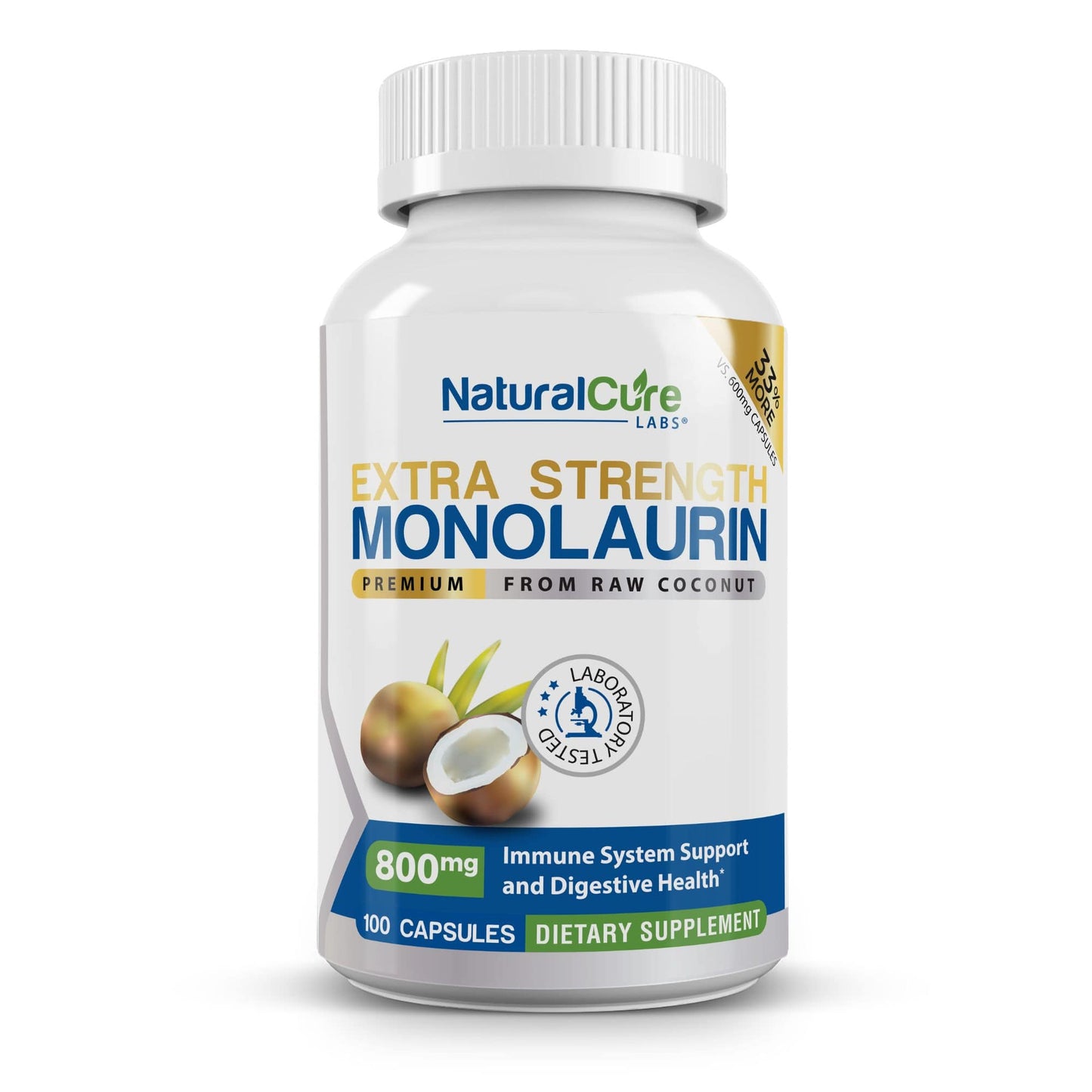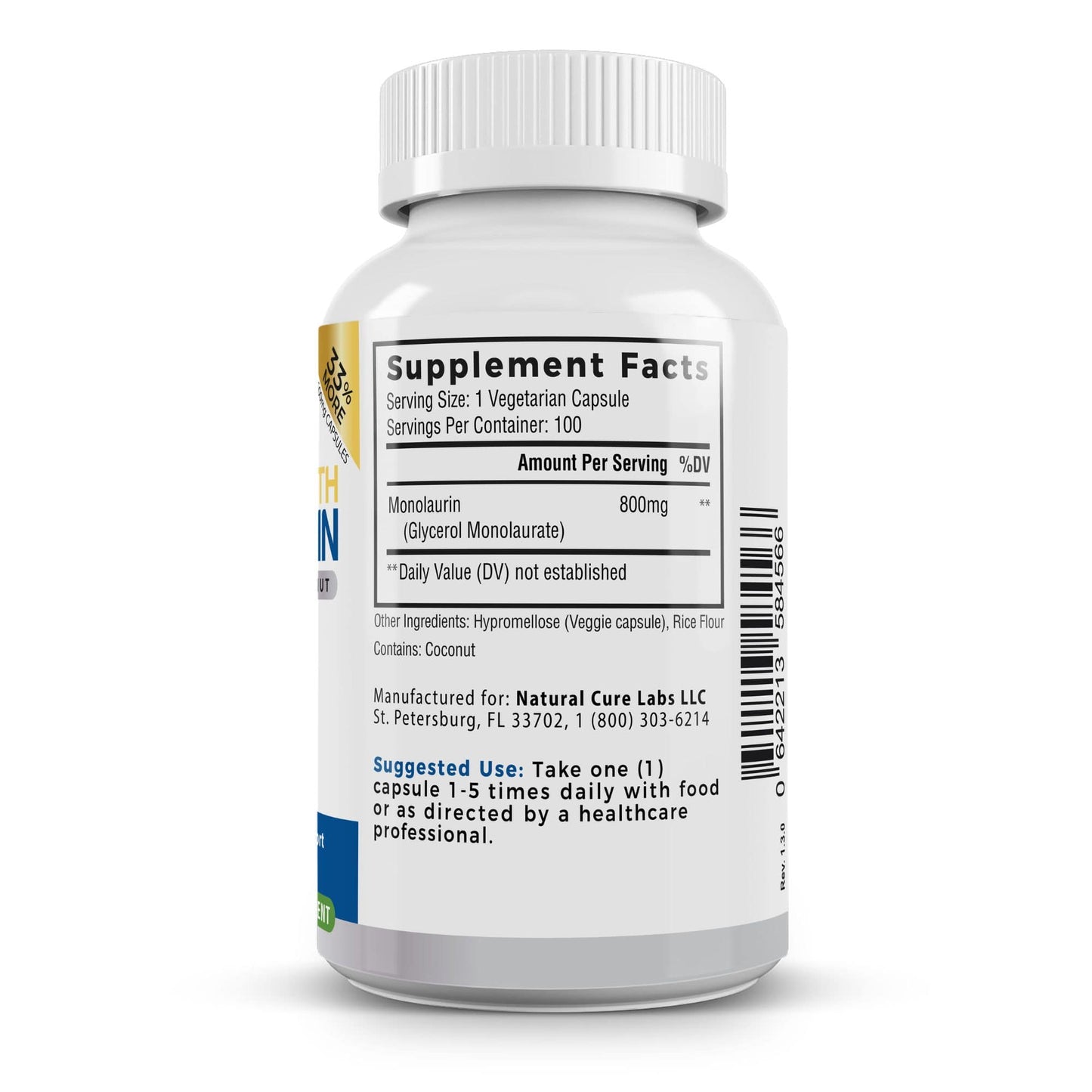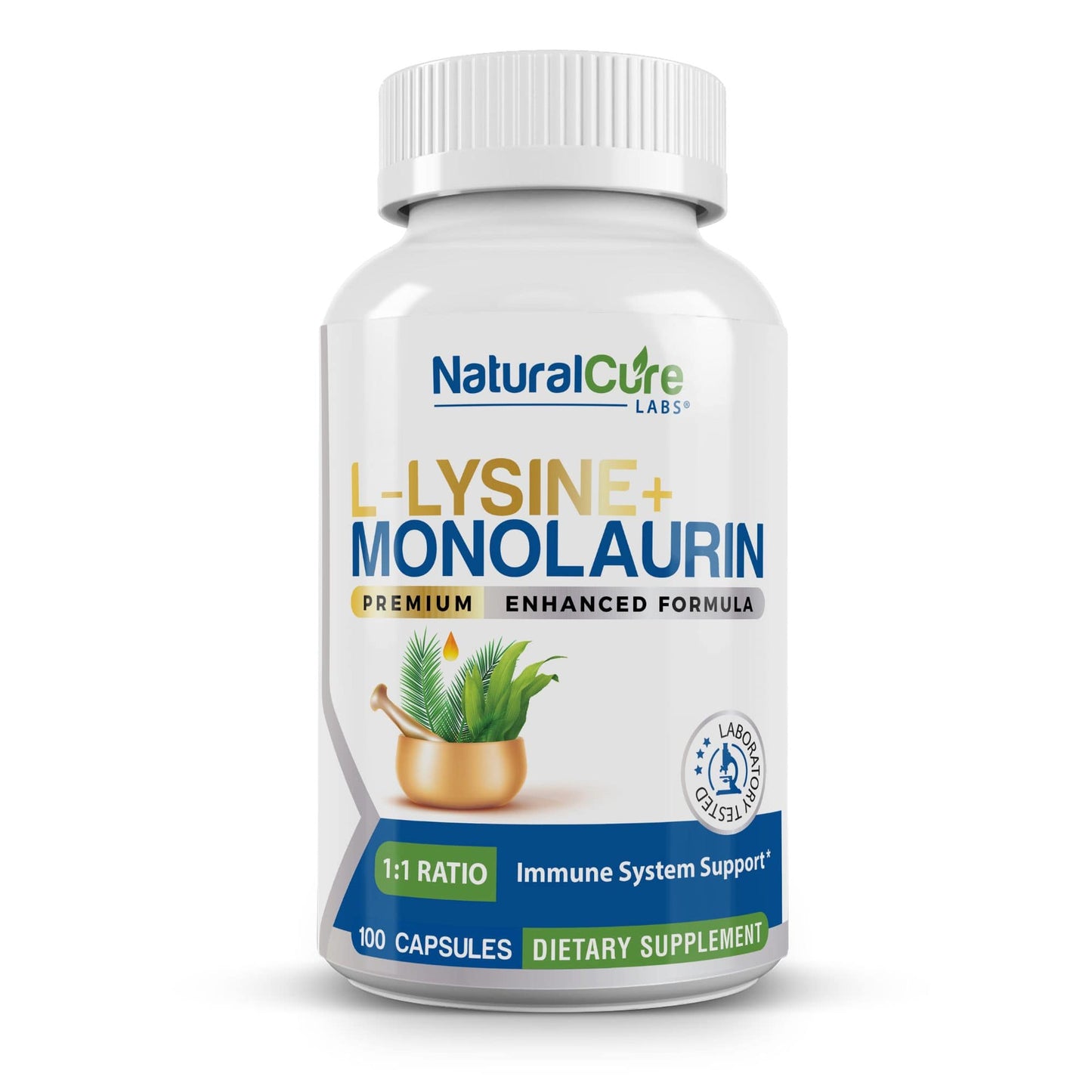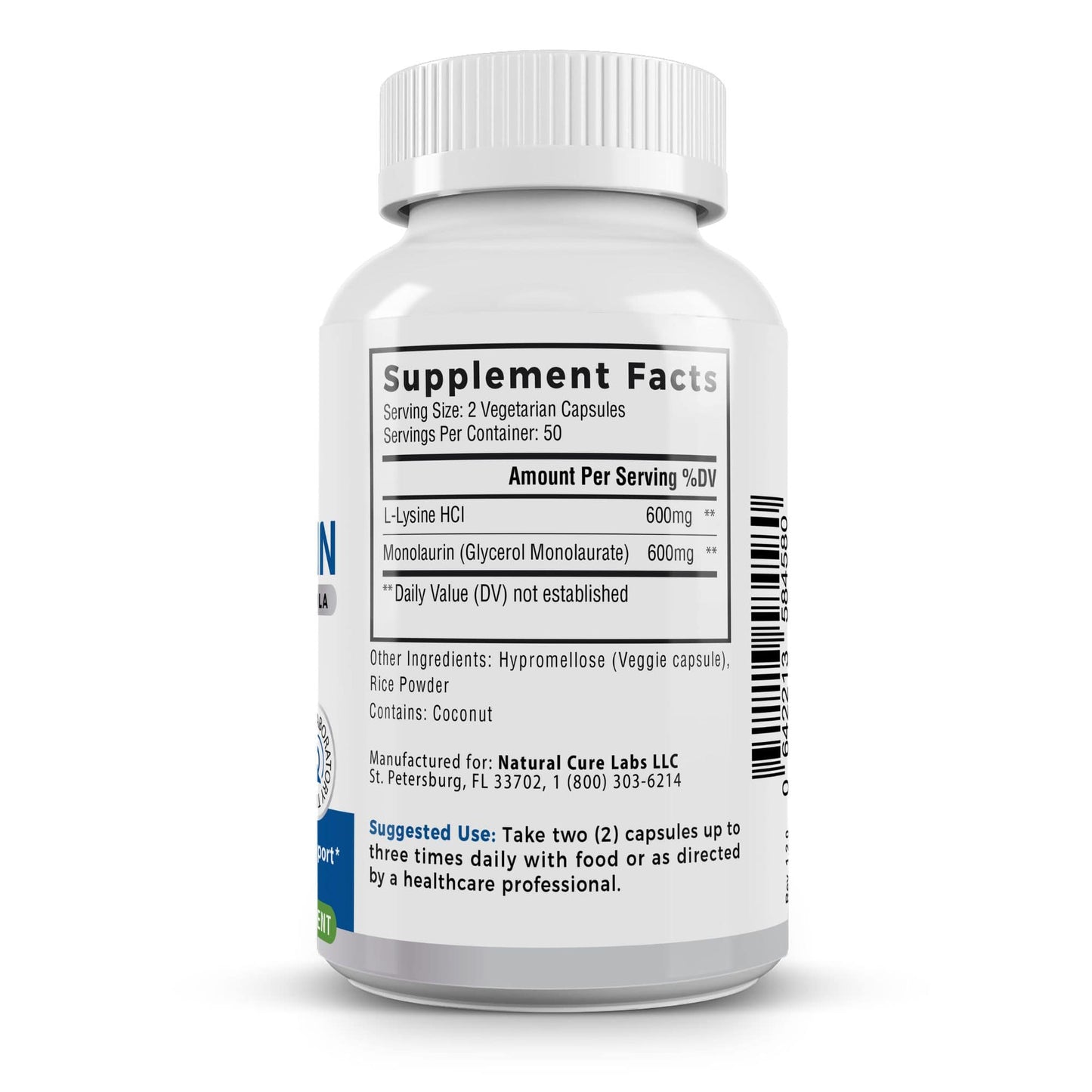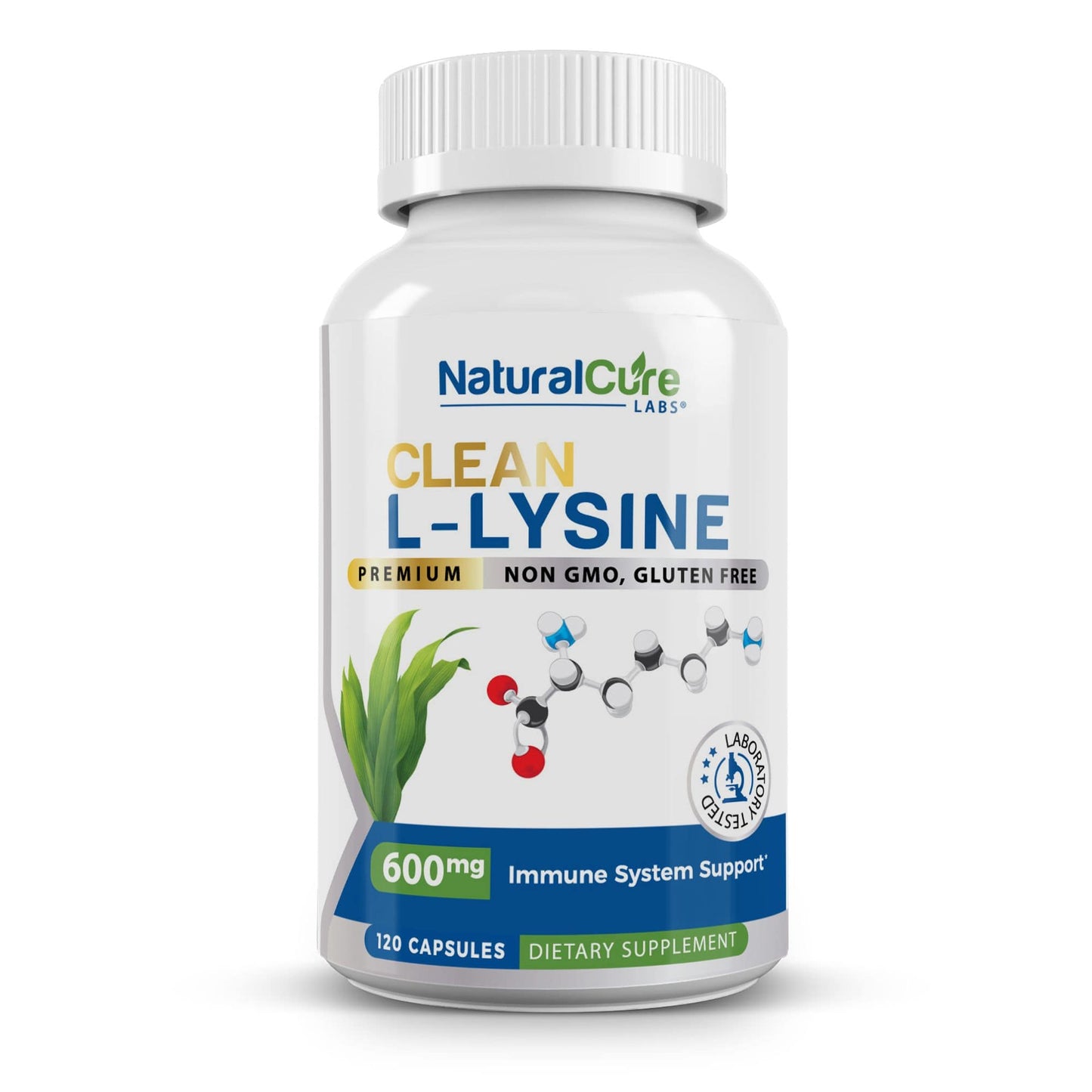
📝 Medically reviewed by Dr. Patricia Shelton
🔍 Last updated August 05, 2025
📚 8 citations
📖 7 minute read
About the Author:
Dr. Patricia Shelton, MD, has been a medical communicator and educator since 2014. She holds a Doctor of Medicine degree and a Bachelor's degree in Neuroscience, both from the University of Washington in Seattle.
--
Supporting your immune system doesn’t require dramatic changes or expensive supplements. Often, the most effective strategies are the quiet, consistent ones woven into your day.
Natural immune support starts with small daily habits - how you sleep, move, eat, and unwind. These simple routines may not seem powerful on their own, but together, they help your body stay strong and balanced.
Keep reading to learn five daily habits that gently support immune health, backed by nature and rooted in science.
Jump to:
- What Is Natural Immune Support?
- Why Lifestyle Habits Matter
- 5 Daily Habits That Support Immune Health
- Prioritize Sleep
- Eat a Plant-Rich Diet
- Stay Hydrated
- Move Your Body
- Manage Stress with Intentional Breaks
- Final Thoughts
- References
What Is Natural Immune Support?
Natural immune support refers to helping your body’s built-in defense systems function at their best - using lifestyle, not medication. This includes the way you eat, sleep, move, and manage stress. The immune system works around the clock, and a healthy immune system doesn’t need pills or syrups to stay strong.
The immune system has two main lines of defense, which are known as innate and adaptive immunity. Your innate immune system responds quickly, acting as the first barrier to bacteria and other microorganisms. The adaptive immune system is a little slower, but it learns over time, targeting specific threats. These two work together to help keep you healthy.
Your body uses both the innate and adaptive immune systems to detect harmful microbes and defend against threats.¹ While supplements may help, your habits form the foundation of true immune support.
Why Lifestyle Habits Matter
Your daily choices - like what you eat, how well you sleep, how often you move, and how you manage stress - play a major role in how your immune system functions. These habits don’t just affect how you feel today. Theycan also shape how your body responds to threats in the long run.²
There’s an important difference between “boosting” and “supporting” the immune system. Boosting implies overstimulation, which isn’t always ideal. An overly active immune system, also known as chronic inflammation, can actually cause damage to your own tissues. Instead, supporting the immune system means helping it stay balanced, prepared, and working efficiently - without pushing it into excessive activity.³
Simple, consistent routines can help regulate immune responses, reduce daily strain, and build resilience over time. These quiet daily habits often matter more than we realize.
5 Daily Habits That Support Immune Health
1. Prioritize Sleep
Consistent, high-quality sleep plays a powerful role in your body’s natural immune support. During deep sleep, your body releases cytokines and activates immune cells like T-cells and natural killer (NK) cells, which are essential for recognizing and fighting harmful invaders. Sleep also helps regulate stress hormones that can weaken your defenses.⁴
Tip: Aim for 7–8 hours of restful sleep every night. To improve your sleep naturally, keep a fixed bedtime, limit screen use before bed, and avoid caffeine in the evening.
2. Eat a Plant-Rich Diet
A colorful, plant-rich diet is one of the easiest ways to support your immune health. Fruits and vegetables provide antioxidants, fiber, and phytochemicals that help protect cells from oxidative stress and fuel a healthy gut microbiome, which is key for strong immunity⁵. Focus on eating a variety of whole, minimally processed foods instead of packaged snacks or refined carbs.
Examples: Add leafy greens, citrus fruits, berries, garlic, and ginger to your meals for a natural boost. These ingredients offer both flavor and immune-friendly nutrients.
3. Stay Hydrated
Staying hydrated is a quiet but critical part of natural immune support. Water helps deliver nutrients to your cells, flush out waste, and keep mucosal barriers - like those in your mouth and nose - moist and protective.⁶ These barriers are your body’s first defense against microbes. Even mild dehydration can make it harder for your immune system to function at its best.
Tip: Carry a reusable water bottle, sip steadily throughout the day, and try herbal teas or lemon water for added variety.
4. Move Your Body
Physical activity improves many aspects of mental and physical health, including the immune system. Moderate exercise helps circulate immune cells like T-cells and natural killer (NK) cells, which patrol your body for harmful invaders. Studies show that regular movement can reduce inflammation and enhance immune surveillance (the ability of immune cells to detect threats). Even in older people, whose immune system is often less robust than in those who are younger, exercise has been shown to improve immune function.⁷ Unlike intense workouts that may stress the body, gentle daily movement supports long-term resilience.
Tip: Aim for 20–30 minutes of walking, stretching, or light yoga each day to keep your system alert and balanced.

5. Manage Stress with Intentional Breaks
Ongoing stress can quietly wear down your immune system. When you’re stressed, the body makes a hormone called cortisol. Brief spikes of cortisol are okay, but when cortisol levels remain elevated over a longer period of time, this can suppress important immune responses, making you more vulnerable to illness.⁸ The good news? Small, intentional breaks throughout your day can help rebalance this effect. Breathing exercises, brief walks outside, or even a few minutes of quiet can support immune-regulating hormones and reduce inflammation.
Tip: Step away from screens, close your eyes, and take 5 deep breaths. A little stillness can go a long way in keeping your defenses strong.
Final Thoughts
Natural immune support isn’t about doing everything perfectly. It’s about small, consistent choices that work together over time. These five habits are simple, practical, and accessible to nearly everyone. When practiced regularly, they help maintain your body’s natural defenses and promote overall wellness.
You don’t have to make big, overwhelming changes in your whole life. Just take steady, manageable steps toward feeling your best, naturally.
Keep Reading: How Does The Innate Immune System Work?
References
- Chaplin, D. D. (2010). Overview of the immune response. The Journal of Allergy and Clinical Immunology, 125(2 Suppl 2), S3–S23. https://doi.org/10.1016/j.jaci.2009.12.980
- Harvard T.H. Chan School of Public Health. (n.d.). Nutrition and Immunity. The Nutrition Source. Retrieved from https://www.hsph.harvard.edu/nutritionsource/nutrition-and-immunity/
- Cleveland Clinic. (2022). How Your Immune System is Affected by Diet, Stress and Exercise with Dr. Leonard Calabrese. Health Essentials Podcast. Retrieved from https://my.clevelandclinic.org/podcasts/health-essentials/how-your-immune-system-is-affected-by-diet-stress-and-exercise-with-dr-leonard-calabrese
- Besedovsky, L., Lange, T., & Born, J. (2011). Sleep and immune function. Pflugers Arch. 2011 Nov; 463(1):121–137. DOI: 10.1007/s00424-011-1044-0
- Munteanu, C., & Schwartz, B. (2022). The relationship between nutrition and the immune system. Frontiers in Nutrition, 9, 1082500. DOI: 10.3389/fnut.2022.1082500
- Popkin, B. M., D’Anci, K. E., & Rosenberg, I. H. (2010). Water, hydration and health. Nutrition Reviews, 68(8), 439–458. DOI: 10.1111/j.1753-4887.2010.00304.x
- Nieman, D. C., & Wentz, L. M. (2019). The compelling link between physical activity and the body’s defense system. Journal of Sport and Health Science, 8(3), 201–217. DOI: 10.1016/j.jshs.2018.09.009
- Dhabhar, F. S. (2014). Effects of stress on immune function: The good, the bad, and the beautiful. Immunologic Research, 58(2-3), 193–210. DOI: 10.1007/s12026-014-8517-0

